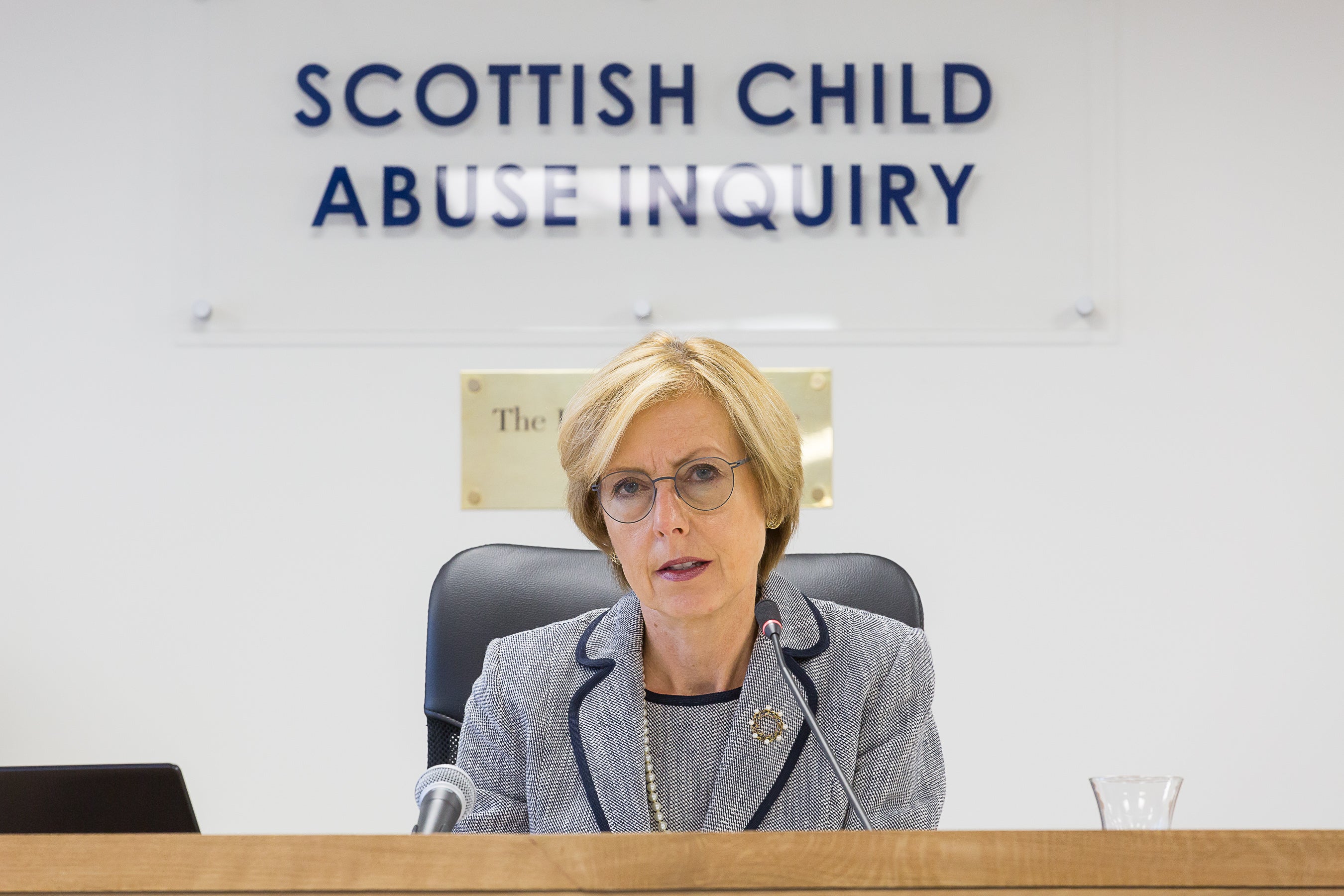Councils ‘did not keep up-to-date records of children in foster care’
The foster care case study of the Scottish Child Abuse Inquiry began today and heard opening submissions from 14 local authorities in Scotland.

Your support helps us to tell the story
From reproductive rights to climate change to Big Tech, The Independent is on the ground when the story is developing. Whether it's investigating the financials of Elon Musk's pro-Trump PAC or producing our latest documentary, 'The A Word', which shines a light on the American women fighting for reproductive rights, we know how important it is to parse out the facts from the messaging.
At such a critical moment in US history, we need reporters on the ground. Your donation allows us to keep sending journalists to speak to both sides of the story.
The Independent is trusted by Americans across the entire political spectrum. And unlike many other quality news outlets, we choose not to lock Americans out of our reporting and analysis with paywalls. We believe quality journalism should be available to everyone, paid for by those who can afford it.
Your support makes all the difference.The true scale of alleged child abuse in local authority foster care may never be revealed due to historic issues with record keeping, the Scottish Child Abuse Inquiry heard.
Opening submissions from 14 of Scotland’s local authorities were heard on Tuesday, along with the Crown Office and Procurator Fiscal Service (COPFS), Barnardo’s and Police Scotland.
Local authorities admitted that records relating to children in their care were not kept as up to date as they could be prior to the break up of regional councils in 1996 and the establishment of the 32 separate local authorities.
You would think Scotland was at the forefront of doing really well.
They also acknowledged that some survivors may not wish to come forward to share their experiences due to the trauma they had faced.
City of Edinburgh council told the inquiry it was difficult to give an exact figure of the number of children looked after by them due to the way information had previously been recorded.
Councils in attendance apologised to survivors that had suffered abuse in their care and pledged to use the experience to learn from mistakes made in the past.
The COPFS told Lady Smith, chair of the inquiry, that there were very few recorded cases of abuse of children in foster care because there is no “specific code” within the case management system used to record crimes that relates to children who reported abuse.
The Crown has now taken relevant steps to ensure this does not happen in the future, and has introduced a code specifically for reports from survivors of abuse within foster care settings.
The inquiry also heard expert testimony from Professor Kenneth Norrie, from the University of Strathclyde, who is an expert in family law.
He gave an overview of the law in regards to foster care placements since the early 1930s until the present day.
He argued that although there have been regulations in place with regards to children who were “boarded out” since the days of the Victorian Poor Laws, these were not always followed by regulators.
Professor Norrie said: “You would think Scotland was at the forefront of doing really well.
“But if you asked: are those regulations being followed, you would find that very difficult to answer.”
Professor Norrie’s work has also found that there were significant gaps in updating relevant legislation relating to children in foster care throughout the latter half of the 20th century.
Banning the use of corporal punishment for children in foster care came into place in the Fostering of Children Regulations (1996).
Lady Smith thanked Professor Norrie for his valuable work in setting the law in context for the inquiry.
Later this week, the inquiry will hear further expert testimony and scene setting as part of phase one.
Witness testimonies from survivors of abuse will begin in phase two later this month.
It is expected that the foster care case study in the inquiry will last until the autumn.